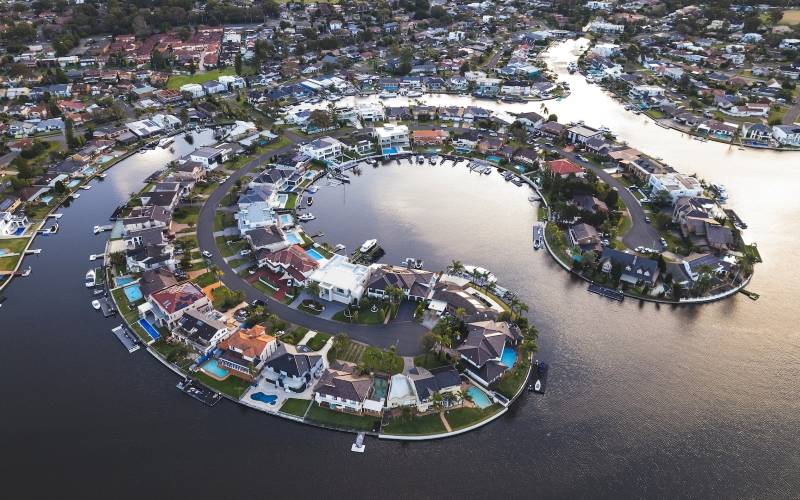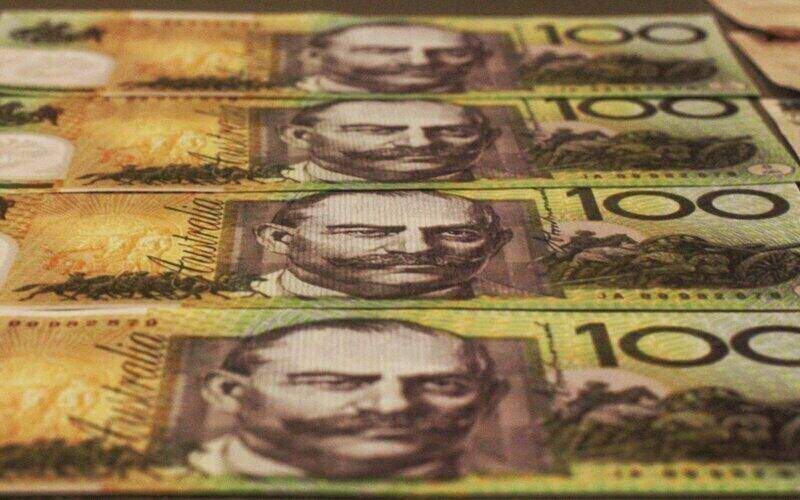The RBA board chose to hike Australia’s cash rate by another 25 basis points to a 12-year high of 4.35% yesterday on the back of a high-surprise inflation read late last month.
It’s a situation the central bank might not have found itself in if it followed in the footsteps of many of its international peers, according to Judo Bank chief economic adviser Warren Hogan.
Mr Hogan told the Savings Tip Jar podcast that the bank’s previous decisions to hold rates could lead to a spree of hikes later.
The economist believes the RBA board would have been better off hiking the cash rate by 40 basis points to 4.50% yesterday, thereby giving “the housing market, the broader community, and the government the big ‘up yours’”.
“Their strategy has always been to do as little as possible, the so-called ‘narrow path’, and that, of course, leaves them exposed to upside surprises on the economy and inflation,” Mr Hogan said.
Responding to questions of whether the RBA might delay its expected return to target inflation to 2026, he said that’s a lesser risk than if “they just lose their patience” and “jack up rates quickly at some stage next year.”
“The risk with their, sort of, ‘softly, softly’ approach ... is that they are just constantly being mugged by reality every time a quarterly inflation number comes out," Mr Hogan said.
“They have not been able or willing to be aggressive and deal with this inflation and I think that is the biggest issue.”
Inflation, as measured by the changing cost of a ‘basket of items’, rose 1.2% on an underlying level over July, August, and September – notably higher than the RBA’s previous forecast of 0.9%.
The RBA is in charge of taming inflation, and it's only got one way to do so: Increase the cash rate.
The cash rate determines how much banks and lenders have to pay to borrow money from one another, the costs of which they tend to pass on to borrowers in the form of higher interest rates.
The RBA also acts as bank for the banks, and a higher rate encourages banks to park their own money in what's called the Exchange Settlement Account (ESA), which withdraws money from the economy.
But not all experts are in agreeance that yesterday’s decision to hike was a good one.
Also appearing on the Savings Tip Jar podcast was University of Queensland professor of economics John Quiggin.
“It's far from clear that this was the right decision as far as the economy is concerned,” he said.
“What we're seeing, I think, is the bank definitely prioritising [tackling] inflation above maintaining full employment."
This is despite the unemployment rate staying below 4% despite 13 rate hikes, a common measure of full employment; the RBA considers a not-inflationary rate of employment to be 4.25%.
Mr Quiggin thinks it's very unlikely that we’ll see another rate hike.
“All the evidence is that inflation is falling," he said.
“The case for driving it down rapidly isn't as strong, especially when the increases earlier this year really haven't had time to have their full effect.”
Will the RBA be among the last central banks to cut rates?
Interestingly, Australia hasn’t apparently followed it in the footsteps of some of its international central banking peers during the current rate cycle.
For instance, the United States Federal Reserve first hiked rates two months earlier than the RBA, in March 2022, and has gone harder, lifting rates to 5.25%-5.5% right now.
The Bank of England, meanwhile, first hiked in December 2021 and is currently holding its official bank rate at 5.25%.
Both are currently 90 basis points higher than the RBA cash rate.
Inflation in the United States peaked in June 2022 and in the United Kingdom, it reached a high in October 2022 – months earlier than Australia’s December 2022 inflationary peak.
Meanwhile, inflation appears to have stagnated in both countries - Australia's has not, and came out ahead of expectations recently.
That suggests Australia may be facing the prospect of further rate hikes while other nations could be gearing up for interest rate cuts.
Indeed, Bank of England chief economist Huw Pill has hinted that rate cuts could be on the cards for the United Kingdom next year while NAB predicts the RBA will hike once more in February.
Image by Daniel Norris on Unsplash.



 Harrison Astbury
Harrison Astbury
 Harry O'Sullivan
Harry O'Sullivan

 Staff Writers
Staff Writers


